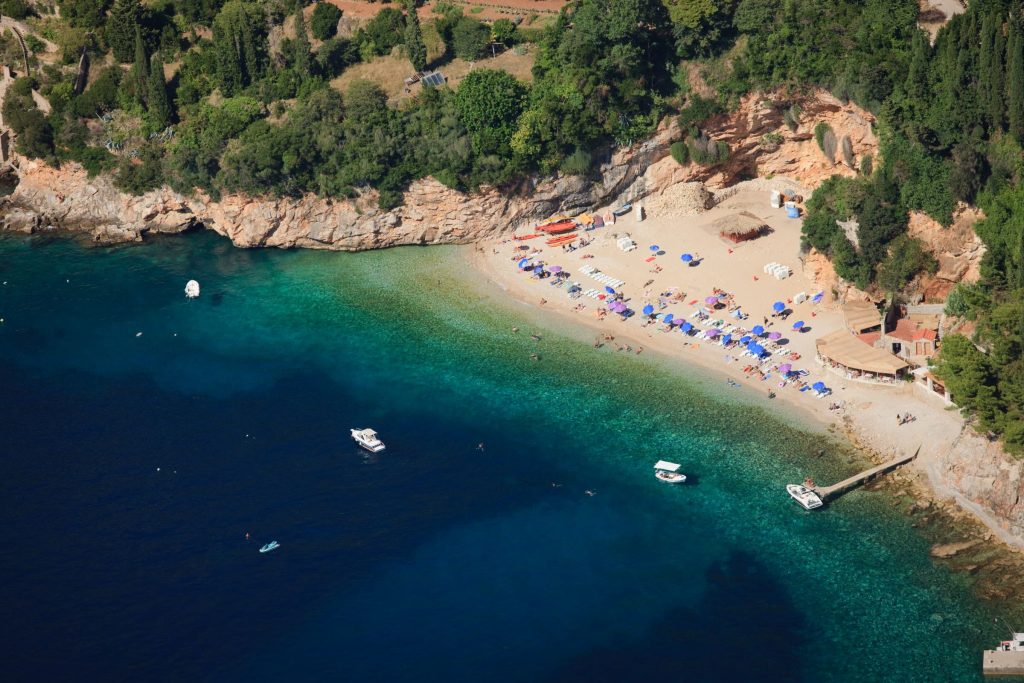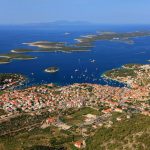European countries are continuing to slash the VAT on services performed in the tourist industry to try to rescue their respective economies which have been enfeebled by the ongoing coronavirus pandemic. Croatia, for whom VAT has always been a burning issue, is unsurprisingly continuing to hold off…
As Poslovni Dnevnik writes on the 15th of July, 2020, in order to at least temporarily help the tourism sector out, which is among the most devastated by the pandemic, many European countries, including Croatia’s own tourism competitors, have decided to temporarily slash VAT on tourism services.
As HOTREC, the European Association of Hotels, Restaurants and Catering Facilities, announced, eleven European countries have decided to go ahead with this very welcome measure so far, among which there is no sign of Croatia, which doesn’t come as much of a shock, but Croatia’s tourist competitors, Greece and Turkey, are on the list.
Thus, for the period from April the 1st to November the 30th, 2020, Turkey decided that the VAT in the hotel segment will fall from the already low eight percent to a mere one percent, which is also the lowest VAT in any tourist segment in Europe, according to Novac.hr.
The Greeks, on the other hand, decided to reduce the cost in the segment of serving soft drinks from 24 percent to 13 percent, and for hospitality, from 13 percent to just five percent.
Here in Croatia, tourism is currently taxed at two rates – 25 and 13 percent, of which this reduced rate was introduced only very recently, exclusively for the segment of preparation and serving of dishes and desserts outside of restaurants.
”When it comes to VAT, some progress has been made recently, but we still have one of the highest VAT rates for tourism, especially when compared to our competitors. Reducing VAT rates is a prerequisite for raising competitiveness in normal circumstances, and in these circumstances where the world is subject to a pandemic, VAT is a matter of survival,” said Veljko Ostojic, director of the Croatian Tourism Association, urging the government to follow suit and consider doing the same as the likes of Greece and Turkey to help the sector.
For more, follow our business page.











